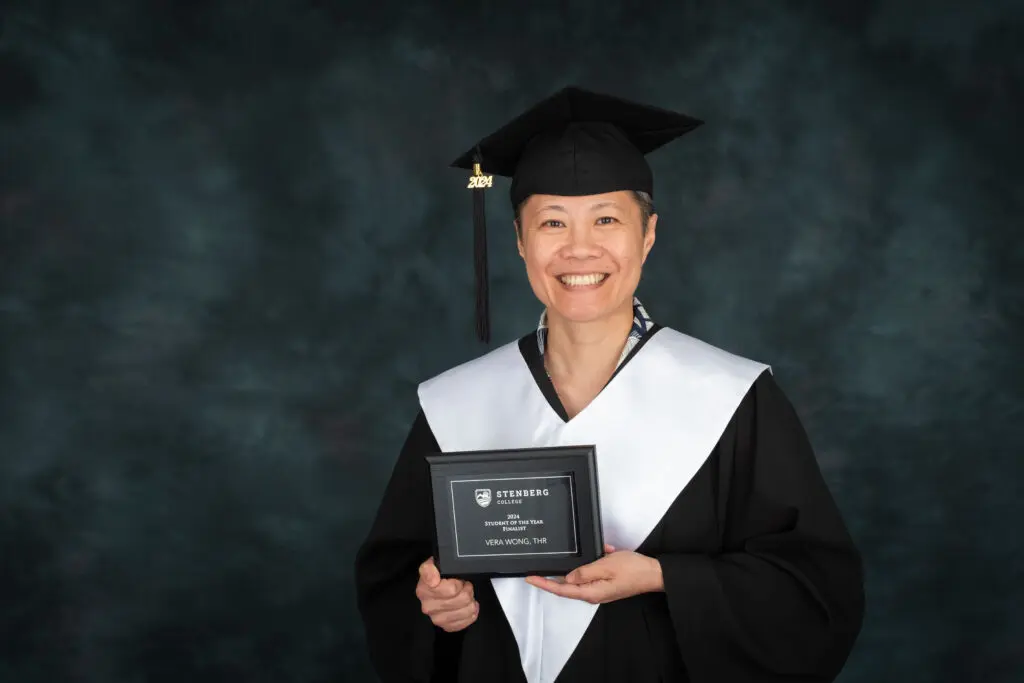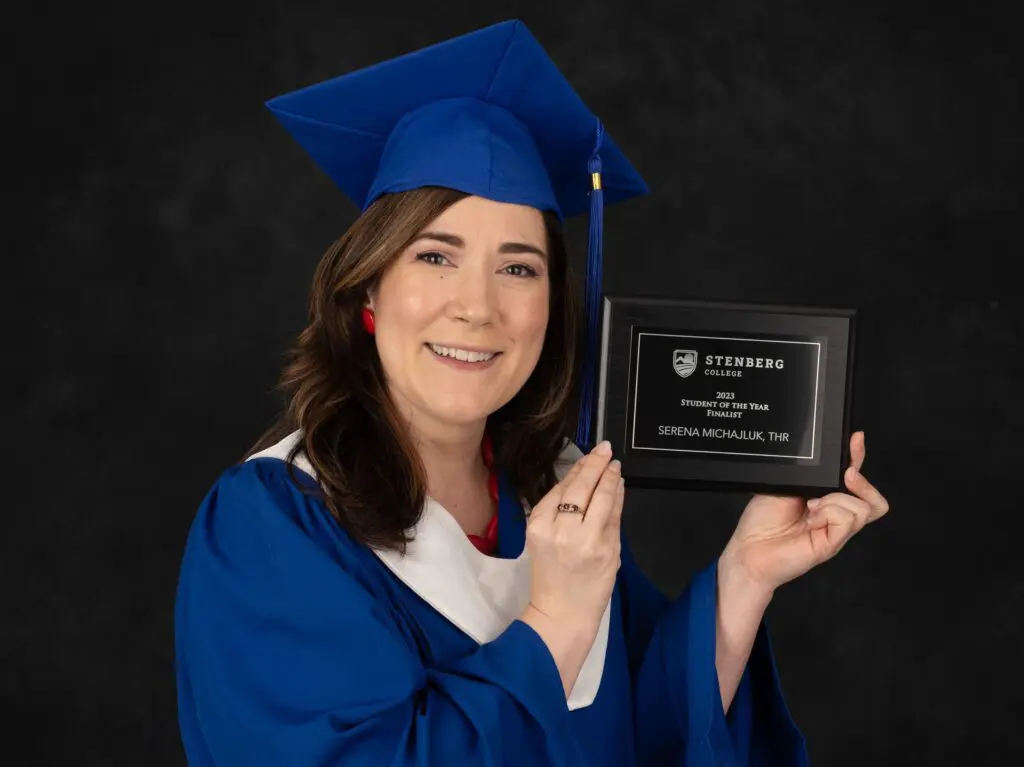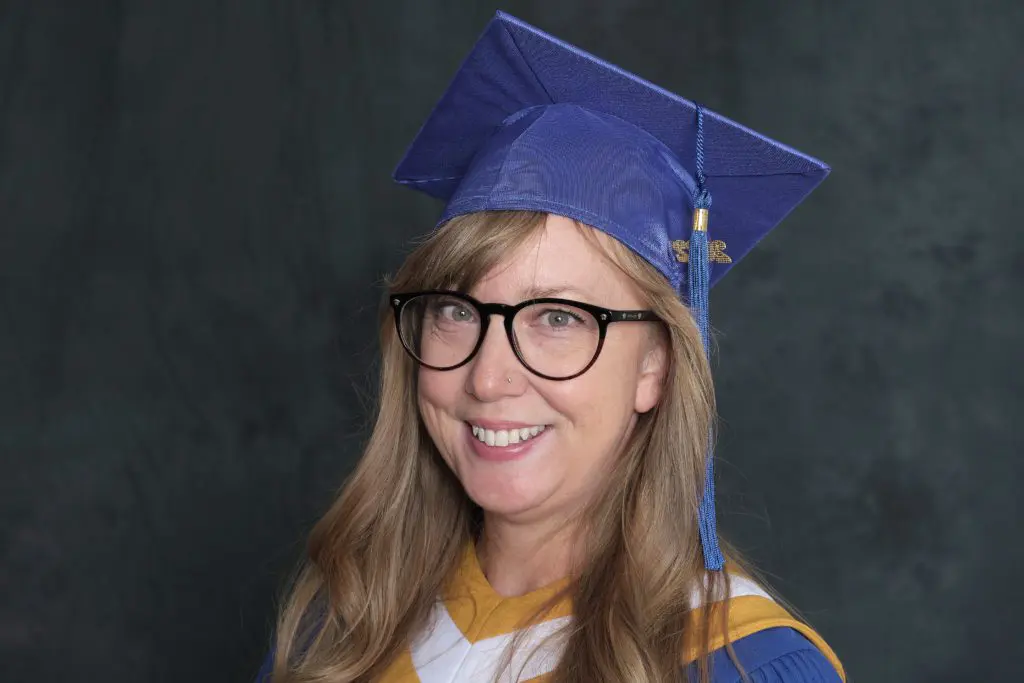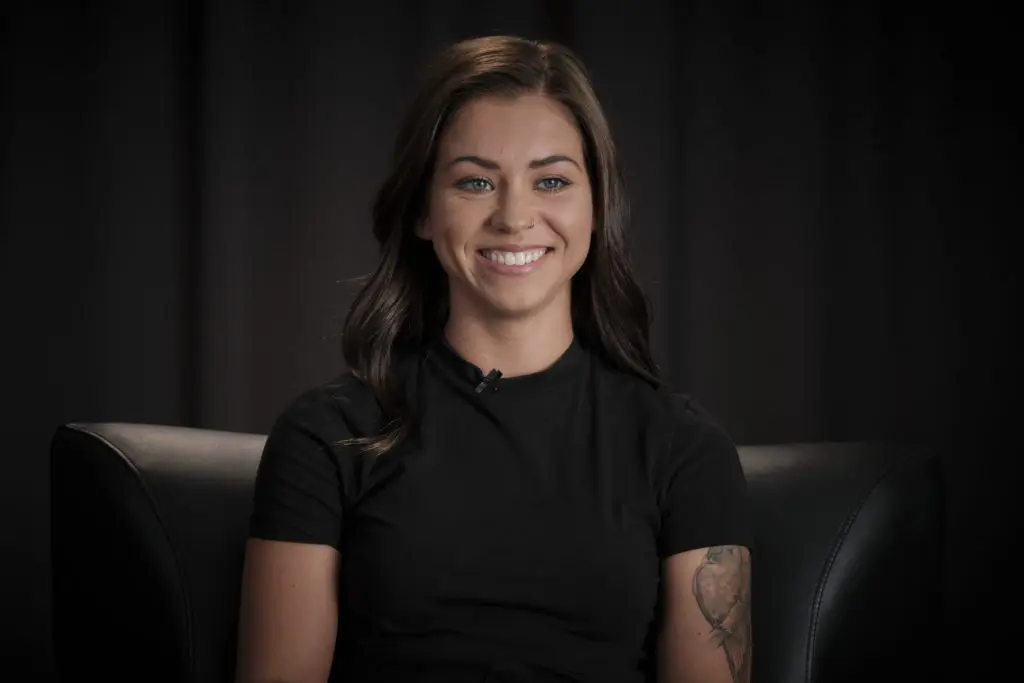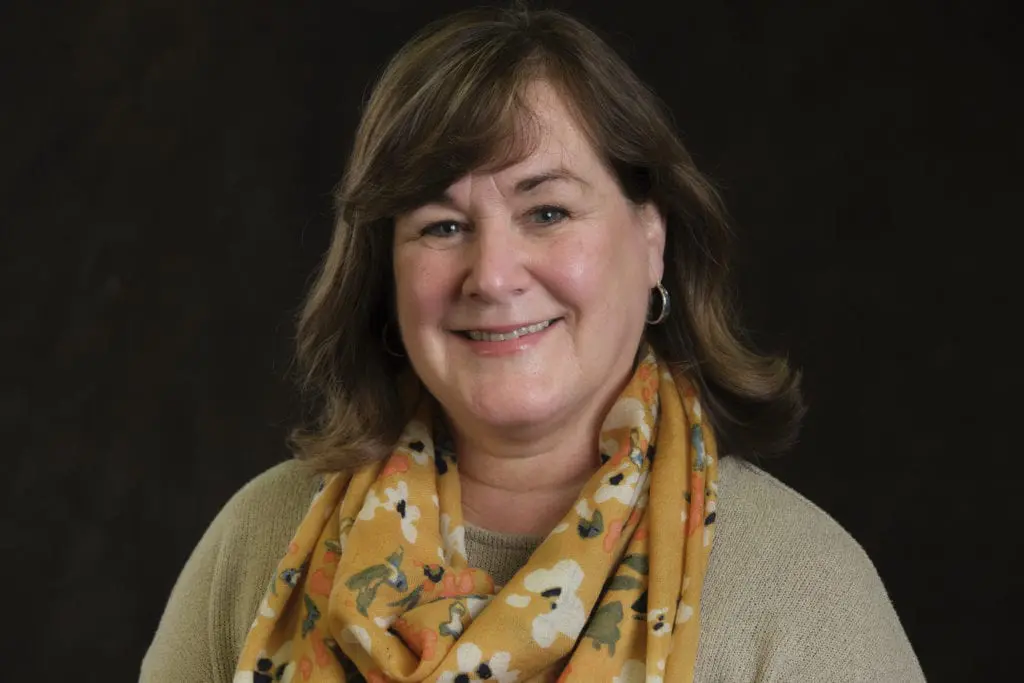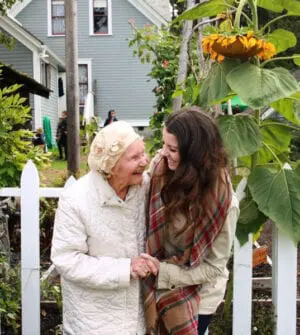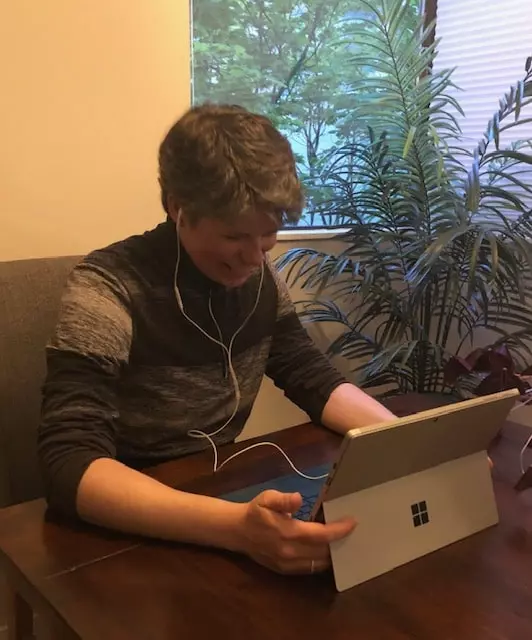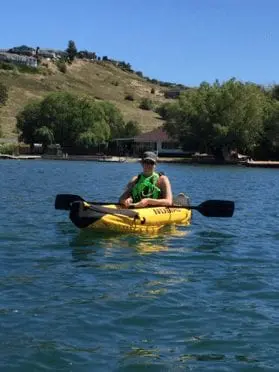Almost every day, I am lucky enough to actively use my education in Kinesiology to help others. This is because I found a job in my field, which is something that, unfortunately, many graduates from traditional universities do not accomplish. In addition, I think my Kinesiology background has significantly helped my pursuit of an education in Therapeutic Recreation.
Therapeutic recreation assistant program
I’m not saying that you have to have a degree in order to complete the Therapeutic Recreation program. Many, if not, most of my classmates do not have degrees. Some have taken some university classes, some have worked in care facilities or in jobs dealing with the elderly, some have no experience at all. Even with diverse backgrounds, we are all able to do the work and understand the material.
Having a degree and only recently graduating in 2012 was definitely to my advantage when I started at Stenberg. I already knew the routine of including schoolwork into my regular life activities. I knew what to expect when it came to setting aside time (and it is time consuming!), and I knew where I’d have to make sacrifices in order to accommodate this extra workload. I am also fortunate to have taken my degree in a related health field. That means in areas like anatomy and physiology, and lifespan development, I have seen much of the material before, whereas many of my classmates struggled in these areas. My background in Kin has certainly helped with my success so far in the THR program.
Online learning
However, having taken my degree in university in more of a traditional setting may have hindered me as well, particularly at the beginning. I hadn’t done any online learning before. I was enrolled in one online class in university and I dropped it after about 4 weeks because I found it difficult to keep up. I was well-versed in sitting in a classroom and attending lectures but not in doing everything on the computer and on my own (which I’ve discussed in previous posts, is not really the case once you begin the program). There was definitely a phase of adaptation when we first started where I had to adjust to this style of learning and I found it challenging to say the least.
Therapeutic recreation professional
Having a university education has helped (and hindered a little) my progress in THR. But I don’t think it’s necessary to have a degree in order to be successful. One of my classmates has over 15 years experience working for a residential care facility. Even though she isn’t involved directly with client care, she’s seen how these facilities run, what the residents get up to, and what a typical day for a THR professional looks like. She might not have an academic background but she’s prepared in other ways through her experience.
Another classmate has spent time working with an individual with disabilities. This gives her experience in working with some of the challenges that come along with older adults. Some of my classmates have volunteered with older adults, some have worked in retail or service industries where you deal with people every day. Some have taken care of an aging family member or a child. Even just knowing that this is what you want to do and having support from your friends and family is enough to help you with your development in THR.
Satu, one of my classmates and fellow blogger for THR, said it best: “collect all your work, studies, volunteer, achievements, hobbies, and interests, look at them objectively and you will find transferrable skills”. I couldn’t agree more. Just because you don’t have an education or experience dealing with older adults, doesn’t mean you haven’t developed important skills for THR in other areas like conflict resolution, caring for others, working as a team member, etc. I feel that almost any background – education, experience, interest, or family – can help with your journey at Stenberg College.

